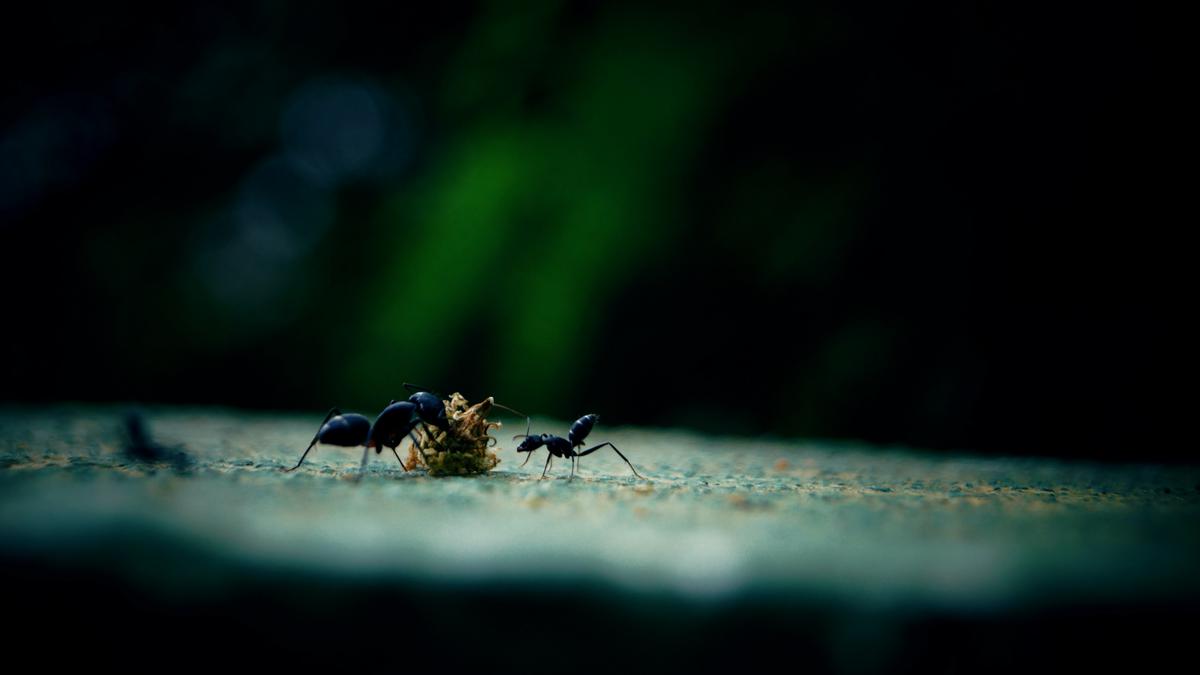
How do ants know how much food their hungry colony needs? Premium
The Hindu
The amount of food that foragers carry perfectly matches the colony’s total hunger. How do they figure this? Individually, they are not smart enough. Scientists have puzzled over this question for some time. According to a new study from researchers at the Weizmann Institute of Science, the answer might be in the way other ants eat the food the foragers carry.
Ants are social insects that live in colonies. Individual ants perform specific tasks for the colony, like supplying food, cleaning the nest, defending the colony, etc. There’s no ‘control room’ telling which ant what to do, yet they seem to know exactly what to do and when.
Consider the foragers – worker ants that bring food into the colony. The amount of food they carry perfectly matches the colony’s total hunger. How do they figure this? Scientists have puzzled over this question for some time. According to a new study, the trick might be in the way other ants eat the food the foragers carry.
While the ants accomplish complicated tasks, they use simple rules to decide what to do at each step. When they carry more food, they simply move deeper into the nest; when they’re carrying less than a certain amount, they leave to look for more food.
Researchers at the Weizmann Institute of Science, Israel, conducted the study.
How could an aggregate of simple decisions give rise to complex behaviour? Danny Raj M. studies collective phenomena at the Indian Institute of Science, Bengaluru. According to him, one technique researchers have used to study this question is to identify some “emergent” behaviour and then investigate the rules that ants follow to give rise to that behaviour.
For example, ant colonies can compare different sites before building their nests. Individual ants fail to do this on their own whereas, together, they turn into competent site inspectors. So researchers first study their behaviour during an inspection, then observe how individual ants contribute to this phenomenon, and finally deduce the rules that govern this behaviour.
Similarly, although only a few ants in a colony are foragers, they sense and sate the colony’s hunger. Foragers bring food from a wild source and distribute it to ants in the nest. They store the food they collect, such as honeydew or nectar, in their ‘crop’ – a pouch above the stomach – and feed other ants mouth-to-mouth. They fetch more food when the colony is more hungry. They leave in search of more food when the stock in the colony drops below a certain threshold. All this continues until the colony has been fed.













